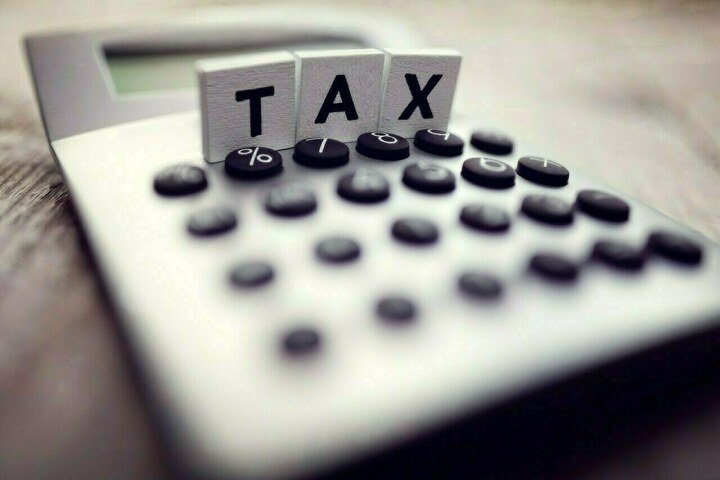PESHAWAR: Traders, consumers and politicians have rejected the federal budget and warned that imposition of massive new taxes will further push the downtrodden class below poverty.
Reacting to the federal government’s budget office bearers of various groups of traders, and leaders of political parties in separate statements here on Wednesday pointed out that the rulers failed to provide any relief to the poverty-stricken masses.
Qaumi Watan Party (QWP) provincial Chairman Sikandar Hayat Khan Sherpao said the federal budget failed to reflect the aspirations of the people and offered no relief to the public, business community as well as the agricultural sector. He said the budget lacked any measures aimed at economic growth, agricultural revival, or public welfare. He warned that the imposition of massive taxes was likely to have severe negative impacts, particularly on agriculture, which was already facing unprecedented decline. He pointed out that inflation was at its highest level and agricultural degradation was pushing nearly half of the country’s population below the poverty line. He remarked “Instead of curbing its extravagant expenditures, the government has increased them by 17 percent, and this burden will ultimately fall on the poor.”
Highlighting regional disparities, Sikandar Sherpao said around 42 percent of the country’s population now lived below the poverty line; a number that had surged to 48 percent in Khyber Pakhtunkhwa and nearly 70 percent in Balochistan. “Despite depriving smaller provinces of their due resources, the government is imposing heavy taxes on them,” he added.
Sikandar Sherpao criticised the government for once again failing to allocate promised funds for the merged tribal districts, warning that continued neglect would lead to further underdevelopment and despair in the region.
Sikandar Sherpao expressed alarm over the state of agriculture, noting that agricultural output recorded a sharp decline from 6.4 percent growth last year to just 0.65 percent this year. “This is a matter of serious concern, given our heavy economic reliance on agriculture,” he stated, accusing the government of using IMF conditions as a pretext to overburden the sector with unjust taxes.
The QWP leader further said there was little hope for a significant increase in exports under the current circumstances. Regarding the 10 percent salary increase for government employees, he termed it deceptive. “The government has taken back double the amount through excessive taxation,” he said.
He also questioned the rising value of the US dollar in Pakistan while it was declining globally, blaming it on flawed government policies. “A lower dollar rate would reduce national debt and petroleum product prices,” he observed.
Expressing scepticism over the government’s ambitious tax target of Rs14,000 billion for the next fiscal year, Sikandar Sherpao noted that it had failed to meet last year’s target of Rs12,700 billion. “How can the government expect to achieve an even higher target when it couldn’t meet the previous one?” he asked.
The QWP leader warned that the overall impact of the federal budget would lead to a further spike in inflation and hurt the poor. He lamented the lack of specific measures for the development of smaller provinces, saying it would only deepen their sense of deprivation.
Similarly, Tajir Itehad provincial president Mujeeb-ur-Rehman, also strongly criticized the budget, calling it a “budget of numbers” that fails to address the real issues faced by traders and the general public. Mujeeb-ur-Rehman stated that the implementation of new taxes worth Rs. 2,000 billion will make it impossible for businesses to operate.
He emphasized that the tax target of Rs. 14,000 billion was unrealistic and will further shrink the economy. He questioned how the government plans to service debts exceeding Rs. 8,500 billion without a viable strategy. He said increasing the petroleum levy from Rs. 78 to Rs. 100 per liter will be detrimental to the economy. He expressed concerns that the ordinance will open new avenues for corruption and bribery. He warned that digital invoicing will empower FBR officers with unlimited powers, making it difficult for businesses to operate. Instead of expanding the tax net, the government is increasing the tax burden on existing filers. He demanded that the condition of paying extra Rs. 2-3 per liter for petrol purchases without a card should be abolished. Electricity prices should be reduced, and 13 types of taxes on electricity should be abolished to promote economic growth.
Copyright Business Recorder, 2025

